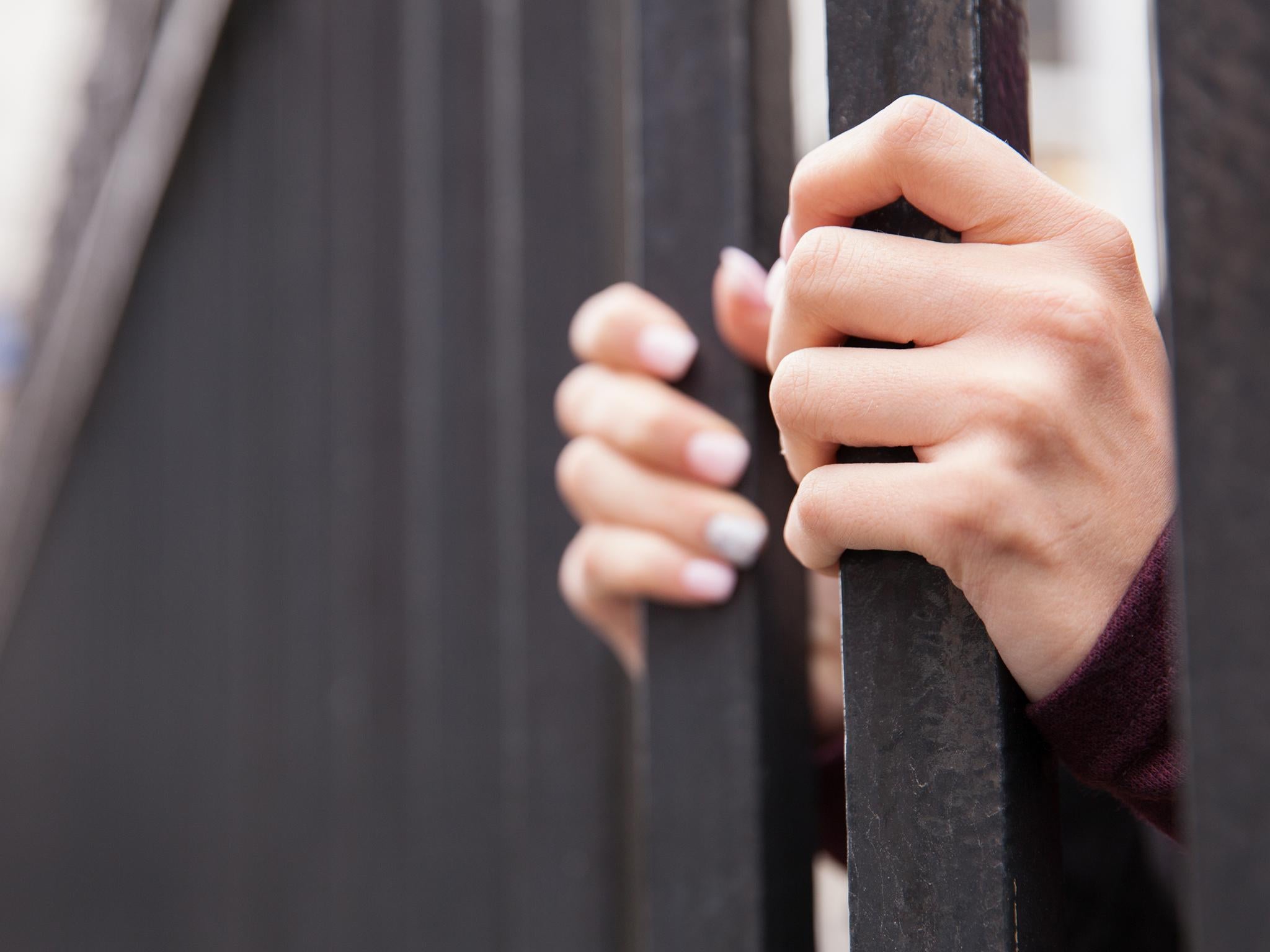We should be very worried at the news that Wales locks up the most people in western Europe
The Ministry of Justice has recognised that short sentences are not supporting offenders to start new lives, but that’s not enough to improve our criminial justice system. The change needs to start with us


For those of us who have had the luxury of not coming into direct contact with the criminal justice system, the idea that prison is largely rehabilitative carries a lot of weight. Buying into the binary tale of good versus evil, we can believe that criminal behaviour is Britain punished justly and proportionately, with life-changing lessons learned as a result of the considered support that prison offers offenders.
But it’s not always that straightforward. In fact, it rarely is – especially when it comes to the most marginalised groups such as women, foreign nationals, trafficked persons and BME offenders. And if you happen to belong to all of the above groups, the likelihood of having “gained” anything beyond an increased chance of reoffending is low.
Which is why I hope the news that Wales has the highest imprisonment rate in western Europe, according to the first separate analysis of rates of imprisonment in England and Wales, sparks more action towards prison reform in the UK.

Disproportionately affected by the various shortcomings of the criminal justice system, these groups have faced additional challenges both inside prison and also returning to their lives on the outside.
Last July, for example, The Independent reported that more than 46,850 self-harm incidents were recorded among prisoners in the year to March 2018 – an increase of 16 per cent on the previous year. It also revealed that women were much more likely to self-harm than men.
Women, the Wales Governance Centre report shows, also face an increased chance of receiving shorter sentences in Wales, with 78.6 per cent sentenced to fewer than 12 months in prison, 10 per cent higher than men.
Short sentences sound positive, but even a brief spell of incarceration can lead vulnerable lives to spiral out of control. The majority of women in prison (57 per cent) have experienced domestic abuse and have a history of mental health issues, according to the Prison Reform Trust. As many as 83 per cent of women enter prison as a result of non-violent offences, but the majority (61 per cent) reoffend after receiving sentences shorter than less of a year. And once released, that report also reveals, the chances of them feeling confident enough to disclose challenges they may be facing – such as homelessness, childcare issues or drug abuse – to responsible officers, given the real threat of recall to prison, rarely look good. Rehabilitation after short stays just isn’t working for women.
The inequalities don’t stop there: legal aid cuts have had a devastating impact on prisoners, and as well as costing the economy around £234m a year, while the overrepresentation of black and other ethnic minority offenders within the prison population leads to other issues including reports of feeling unsafe and being mistreated by staff on the grounds of identity. Just one in 100 prisoners have their allegations of discrimination against staff upheld.

And it’s no wonder – given the impact of budget cuts, attempts to partially privatise prisons, poor safety provisions and very modest salary prospects for prison officers – that the result has been demoralisation and mass resignations of prison staff. That is not a recipe for improvement.
At this point it feels as if, especially for a certain section of the population, there almost too many problems with justice – from the point of arrest to incarceration – to count. Reducing the numbers of people incarcerated for small crimes is a good place to start, but it isn’t enough to change the culture and effect of prison life on its inmates.
It’s not just about government and the choices it makes around crime, policing and justice. As a culture, our oversimplified rhetoric around what makes a “criminal” has also contributed to widespread indifference over the rights and responsibilities of anyone who comes into contact with the prison system.
The Ministry of Justice is finally waking up to the fact that short-term prison sentences are rarely effective, by proposing a ban on prison sentences of less than six months. That’s welcome, but there needs to be more change than that. At the very least, that has to begin with educating ourselves about the often inescapable circumstances that land marginalised groups in prison in the first place. That would be a good start in keeping them out.
Join our commenting forum
Join thought-provoking conversations, follow other Independent readers and see their replies
Comments
Bookmark popover
Removed from bookmarks